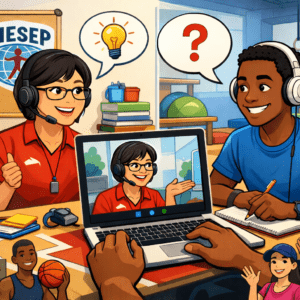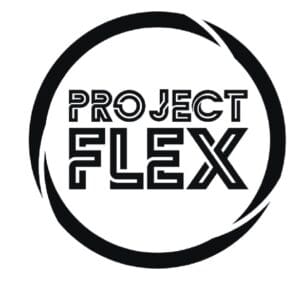With the growing discourse on the role of physical education in promoting physical literacy an important question remains largely unanswered; What physical activity skills and knowledge do students take from their physical education experiences and choose to enact in their leisure time? An abundance of sport pedagogy literature over the last decade has posited that if teachers adopt a student-centered pedagogical approach in physical education students will become more self-determined towards physical activity in physical education and consequentially transfer this motivation to participate in leisure-time physical activity. Research using the trans-contextual model of motivation (e.g. Knowles, Wallhead et al., 2018) has shown that even when the physical education experience is motivating and engaging to the students, their choice to participate in their leisure-time can be constrained by a number of ecological and cultural barriers. The cultural relevance and availability of the chosen curricular content seems to play an important role in this transfer decision. A recent project I have been involved in sponsored by the Specialized biking foundation in the US has examined the effect of using an outdoor activity (mountain biking) to promote students’ extra-curricular participation in physical activity. With many of the social distancing restrictions of the pandemic, mountain biking afforded the middle school teachers the opportunity to offer a culturally relevant activity (for Wyoming) that challenged students at their own level of competence whilst maintaining social distancing. An after-school mountain biking club was initiated to give students the opportunity to extend their biking skills developed in physical education to a leisure-time context. Preliminary results of the model analysis revealed many positive predictive relationships with students who would not normally participate in school sports attending the extra-curricular biking club. The study highlights the importance of the provision of culturally-relevant forms of physical activities both within physical education and leisure-time contexts if students are to “take it out of the gym”.




